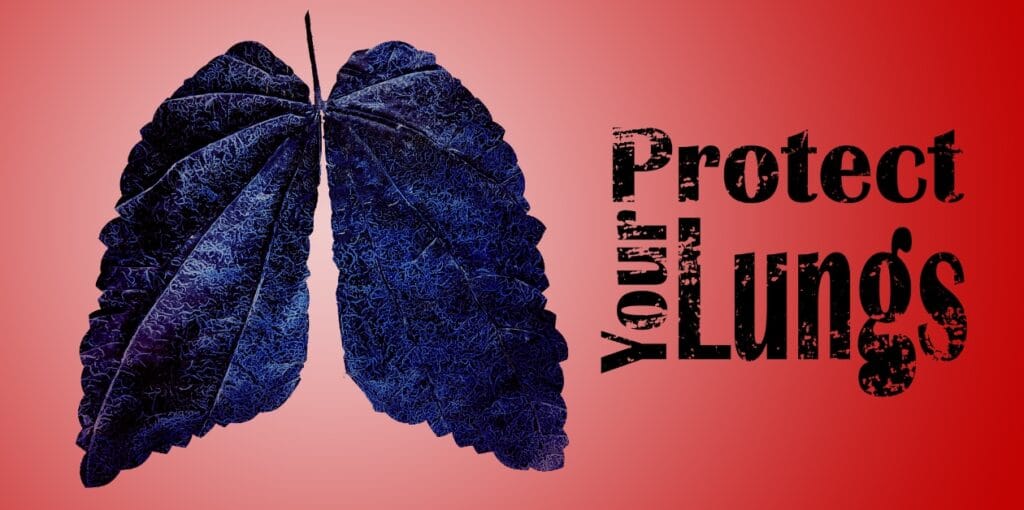How to Protect Your Lungs from Pollution: Expert Pulmonology Advice

In today’s world, air pollution is an ever-present threat to our health, particularly to our lungs. At Pi Health Cancer Hospital, our expert pulmonologists are dedicated to helping you understand how to protect your lungs from pollution. Here are some essential tips and advice from our specialists:
1. Stay Informed About Air Quality
Regularly check the air quality index (AQI) in your area. Apps and websites provide real-time updates on pollution levels. When the AQI is high, try to stay indoors as much as possible. Staying informed about air quality can help you make better decisions about when to go outside and when to stay indoors to protect your lungs from pollution.
2. Use Air Purifiers Indoors
Invest in a good quality air purifier for your home and office. These devices can significantly reduce indoor pollutants, providing cleaner air for you to breathe. Air purifiers are especially important in urban areas where outdoor pollution can seep indoors. By using air purifiers, you can create a safer indoor environment and protect your lungs from pollution.
3. Wear a Mask
When you need to go outside on days with poor air quality, wearing a mask can help filter out harmful particles. N95 masks are particularly effective in protecting against fine particulate matter. Masks can be a simple yet effective way to protect your lungs from pollution, especially during high pollution events like wildfires or heavy traffic days.
4. Maintain a Healthy Lifestyle
A strong immune system can better combat the effects of pollution. Eat a balanced diet rich in antioxidants, exercise regularly, and avoid smoking to keep your lungs healthy. Foods like berries, nuts, and green leafy vegetables are high in antioxidants and can help protect your lungs from pollution. Regular exercise improves lung function and overall health, making your body more resilient to pollution.
5. Ventilate Your Living Spaces
Ensure your home is well-ventilated to prevent the buildup of indoor pollutants. Use exhaust fans in kitchens and bathrooms, and open windows when the outdoor air quality is good. Proper ventilation can help reduce indoor pollution levels and protect your lungs from pollution. It’s important to balance ventilation with the need to keep outdoor pollutants out, so be mindful of the AQI when ventilating your home.
6. Avoid High-Traffic Areas
Try to avoid walking or exercising near busy roads where pollution levels are typically higher. Opt for parks or less congested areas for your outdoor activities. High-traffic areas are hotspots for pollutants like nitrogen dioxide and particulate matter, which can harm your lungs. By choosing cleaner areas for your activities, you can protect your lungs from pollution.
7. Plant Indoor Plants
Certain indoor plants, like spider plants and peace lilies, can help improve indoor air quality by absorbing pollutants. Adding greenery to your home can be both aesthetically pleasing and beneficial for your lungs. Plants can act as natural air purifiers, helping to reduce indoor pollution levels and protect your lungs from pollution.
8. Regular Health Check-Ups
Regular check-ups with a pulmonologist can help detect any early signs of lung issues. Early intervention is key to managing and mitigating the effects of pollution on your respiratory health. At Pi Health Cancer Hospital, our pulmonologists are equipped with the latest technology and expertise to help you protect your lungs from pollution.
9. Stay Hydrated
Drinking plenty of water helps to keep your respiratory system hydrated and can aid in the removal of toxins from your body. Staying hydrated is a simple yet effective way to support your lung health and protect your lungs from pollution.
10. Educate Yourself and Others
Understanding the sources and effects of pollution can empower you to take proactive steps to protect your lungs from pollution. Share this knowledge with family and friends to help them protect their lungs from pollution as well. Education is a powerful tool in the fight against pollution, and by spreading awareness, you can contribute to a healthier community.
Conclusion
Protecting your lungs from pollution requires a combination of awareness, lifestyle changes, and proactive measures. At Pi Health Cancer Hospital, we are committed to providing you with the best advice and care to ensure your respiratory health. Stay informed, stay healthy, and breathe easy!
By following these expert tips, you can significantly reduce your exposure to harmful pollutants and protect your lungs from pollution. Remember, your lung health is crucial for your overall well-being, and taking steps to protect your lungs from pollution is an investment in your long-term health.
About Author
Dr. M.V.Sree Keerthi
M.B.B.S, D.T.C.D (Gold Medalist), DNB (Pulmonary Medicine) , Fellowship in Interventional Pulmonology
Dr. M.V.S. Keerthi is a leading pulmonologist renowned for her exceptional skills in pulmonary medicine and her empathetic approach to patient care. Dr. Keerthi is passionate about innovation and lifelong learning, and she is committed to providing her patients with individualized, advanced care. She is a well-respected and trusted individual in respiratory medicine because of her unwavering dedication to quality and collaborative spirit. The finest results for her patients are guaranteed by Dr. Keerthi’s skill and compassion, whether she is managing complicated pulmonary problems or offering everyday care.

